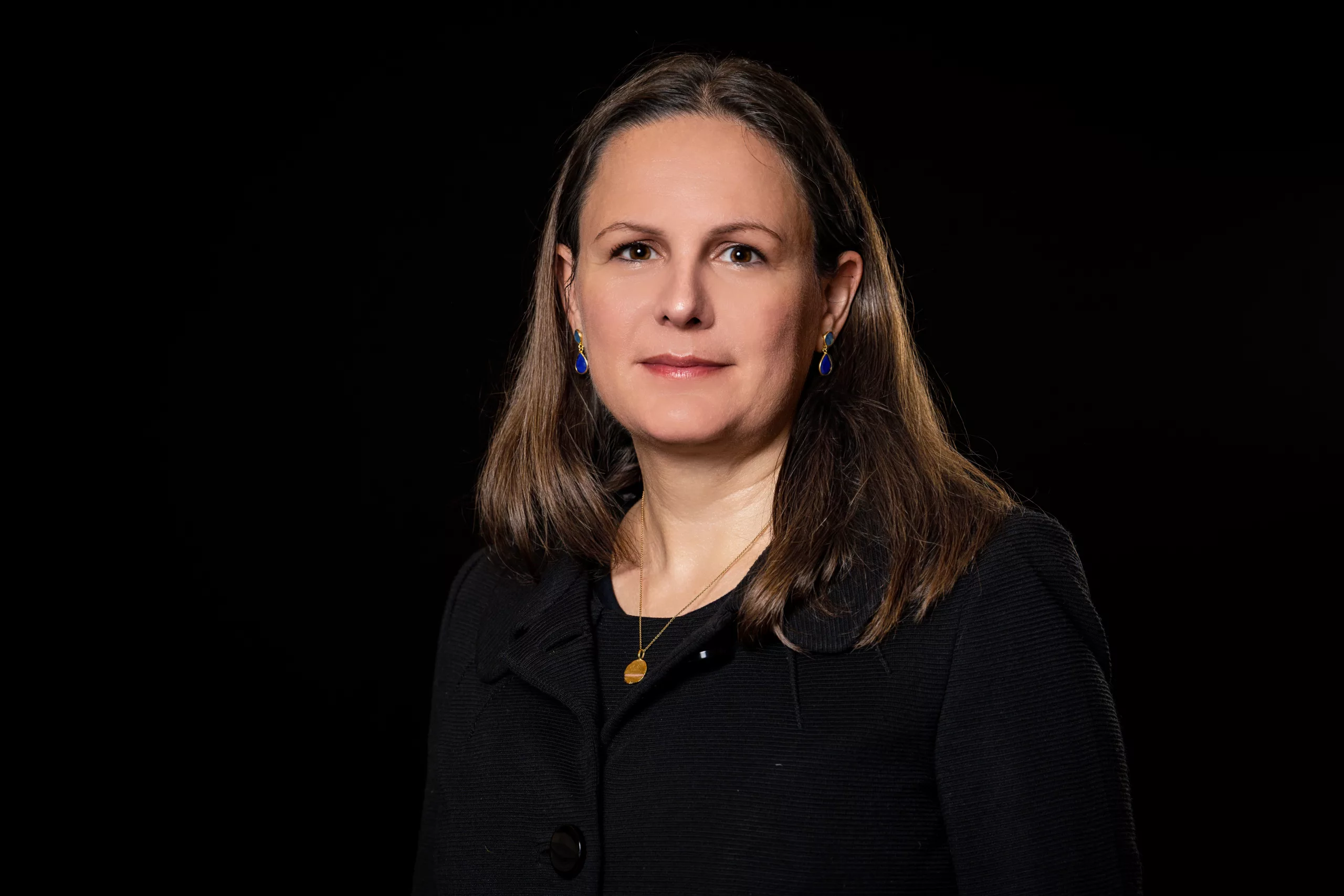In Re H-B (Children) (Contact) 2015 EWCA Civ 38 the President of the Family Division said, “…parental responsibility is more, much more, than a mere lawyer’s concept or a principle of law. It is a fundamentally important reflection of the realities of the human condition, of the very essence of the relationship of parent and child. Parental responsibility exists outside and anterior to the law. Parental responsibility involves duties owed by the parent not just to the court. First and foremost, and even more importantly, parental responsibility involves duties owed by each parent to the child.”
PR exists for the benefit of the child and not for the benefit of the parent.
Who has parental responsibility for a child?
The mother of a child will automatically have PR for a child and will not lose it if she and the child’s father separate, whether or not they were married at the time the child is born.
A father who is married to, or the civil partner of the child’s mother when the child is born will automatically have PR. A child’s father can also acquire PR by marrying the mother or by entering into a civil partnership with her after the child’s birth. PR will not be lost by either parent on divorce.
Following a change in the law, fathers of children born after 1 December 2003 who are not or have not been married to (or been the civil partner of) the child’s mother will have PR if they are named on the birth certificate of the child. Fathers of children born before 1 December 2003 who were or are not married to the child’s mother may not have PR. However, PR can be obtained by agreement with the child’s mother (by way of a specific standard Court form document) or by seeking an order from the Court.
Individuals other than parents can acquire PR for a child in a variety of ways including (but not limited to):-
- Adopting a child;
- Becoming the child’s guardian;
- For a step parent, entering into a step-parent PR agreement with both parents with PR;
- Being granted a Child Arrangements Order (“CAO”) naming them as a person with whom the child is to live.
Can responsibility be taken away?
Yes. Section 4(2A) of the Children Act 1989 provides that only the Court may make an order bringing an end to a person’s PR. However, PR organically diminishes as a child gets older and terminates automatically when a child reaches the age of 18.
Applications to terminate PR can be brought by anyone with PR for that child and, with leave of the court, by the child itself provided that the child is of sufficient understanding.
When considering an application to terminate PR the primary concern of the court is the welfare of the child and PR will only be removed to protect a child from serious emotional or physical harm. The circumstances must truly warrant removal of PR and a decision to do so is a very serious matter and only rarely granted by the Court.
The case law on removal of PR is therefore relatively limited. However, there have been two recent cases where applications have been made to terminate a father’s PR and which demonstrate the severity of a decision to do so. Most recently this was seen in D v E (Termination of Parental Responsibility) [2021] EWFC 37. In this case the mother applied to terminate the PR of the father in respect of their young daughter. Her application was granted against the background of the father’s behaviour towards her which included harassment (sending her 500 text messages in a 24 hour period some of which caused her distress). The father was investigated for sexual offences against a child which led the mother to suspend contact between him and their child. The father was convicted of causing or inciting a female child under the age of 16 years to engage in a sexual act for which he was sentenced to two years imprisonment. He was also convicted at the same time of dangerous driving and battery having driven his car at a female and punched her in the face. When he was released on license he breached the terms of his licence. There were further complaints against him of rape and stalking. The mother had stopped contact between the father and the child when the child was aged 2 and the father had not seen the child (now 9 years old) since. The father’s pattern of offending continued and included violence and threats against former partners and sexual interest in adolescent children aged 13-15 to whom he was considered a danger. The court considered that it was in the child’s best interests to terminate the father’s PR. All contact with the father was terminated and the mother was granted permission to change the child’s surname.
In another recent case, X v Y (private law – change of name – termination of parental responsibility) [2021] EWFC B24, the court was concerned with two sisters aged 7 and 2. Their father was named on their birth certificates and therefore had PR for both girls. In March 2019 he attacked and stabbed the mother 15 times as she was walking home from school with the elder child, then aged 5. He was imprisoned for life for her attempted murder. Thereafter the police received an anonymous tip off in 2020 telling them that the mother was going to be murdered that day and in the days leading up to that call the mother had been contacted via Instagram by known acquaintances of the father. It was later shown that the father had made the call tipping the police off from prison and had been in touch with the individuals who had contacted the mother on Instagram. The mother applied to terminate the father’s PR and to change the children’s surname. Her applications were successful.
As can be seen by both of these recent examples the circumstances in which the court is prepared to terminate PR are likely to be extreme and involve violence or sexual offending concerns.
However, the court also has the power to impose restrictions on a parent’s exercise of PR, which is considered less extreme than removing PR completely. This can be done by the court making a Prohibited Steps Order (“PSO”) prohibiting the father from taking any steps in exercising his PR or limiting those which are taken.
It will only be in rare and extreme cases that the court will take steps to terminate a parent’s PR. However, where the circumstances are sufficiently serious and the child’s welfare warrants it the court will remove parental responsibility.
Article by Kelly Gerrard, Legal Director and Knowledge Development Lawyer in the Family Department. For further information, please contact Kelly Gerrard by email or your usual contact in the Family Department or, alternatively, telephone on 020 7465 4361.





